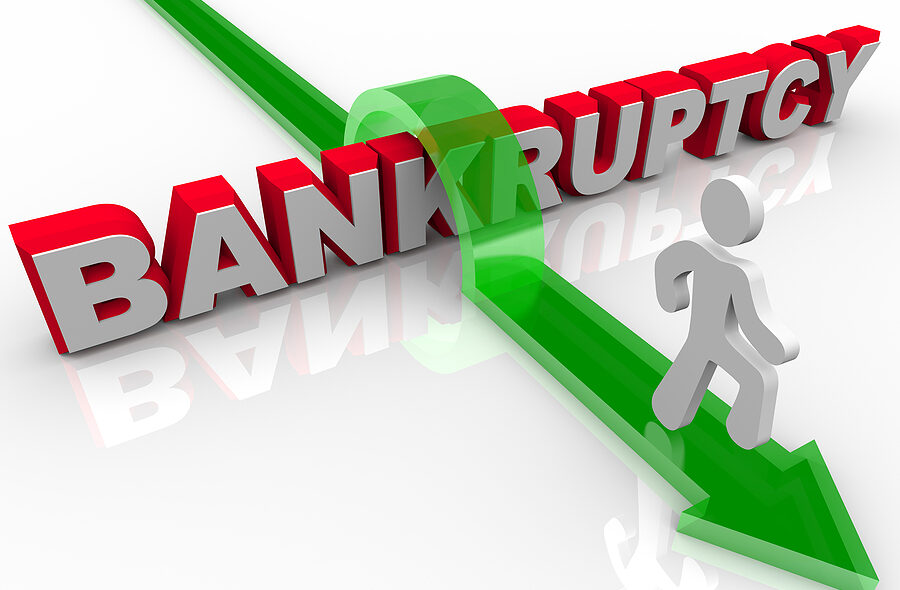It can be tempting to want to walk away from debt in lieu of filing for bankruptcy. But doing so will not provide the consumer with the clean slate that a bankruptcy discharge offers. It is often better to face these debts in a Chapter 7 or Chapter 13 bankruptcy case instead of choosing to default on them.
Whenever a consumer fails to make payments on a loan or financial obligation, this failure to pay is otherwise known as a default. Lenders all have their own requirements on what exactly qualifies as a “default,” including how many payments have been missed before the account is officially considered in default.
After a consumer defaults on a loan, the debt is usually sold to a third-party debt collector who will attempt to collect on the amount owed. The lender is also within his or her legal rights to sue the consumer in court to collect on the debt. Once a judgment is issued in the collection case, the lender or collector can then seek a judgment for wage garnishment or can attempt to put a lien on the consumer’s property to collect profits to pay off the debt.
The type of debt involved governs how it is handled in a collection action. If the debt is a secured one, the asset(s) connected to the debt could be repossessed and used as collateral to pay back what is owed in the event of a default. Alternatively, unsecured debt, such as credit card debt, can be harder to collect since no asset is connected to the amount owed. The lender or collection agency can pursue a collection action against the consumer and can attempt to garnish the person’s wages for payment.
A default results in a significant drop in the person’s credit score, and it will stay on the person’s credit report for up to seven years. Having a default on the individual’s credit history can also make it very difficult to obtain financing in the future.
While a bankruptcy filing can also result in a hit to the person’s credit score, the impact can be much less harsh than a default. A Chapter 7 bankruptcy will stay on a consumer’s credit report for up to ten years, while a Chapter 13 bankruptcy can stay on a person’s credit history for up to seven years. Showing that the consumer successfully completed a bankruptcy case, especially a Chapter 13 reorganization or repayment plan, looks much better than showing that the consumer defaulted and simply walked away from his or her obligations.
A default is not the polar opposite of a bankruptcy filing. Sometimes it is recommended that the consumer default on a loan first before filing for bankruptcy to show that he or she is unable to make the payments on a regular basis. If the consumer has not defaulted, it may show the lender that he or she has not tried hard enough to see if his or her financial situation could improve first to make payments.
Filing for bankruptcy after defaulting on a loan can also allow the consumer the chance to protect him or her from having assets seized by creditors and can also stop the consumer’s wages from being garnished through the protection of the automatic stay. If the consumer has questions regarding whether a bankruptcy case is the best choice for him or her, an experienced bankruptcy attorney can help.
Please click here to read more.
If you have questions on this topic or are in financial crisis and considering filing for bankruptcy, contact an experienced Miami bankruptcy attorney who can advise you of all of your options. As an experienced CPA as well as a proven bankruptcy lawyer, Timothy Kingcade knows how to help clients take full advantage of the bankruptcy laws to protect their assets and get successful results. Since 1996 Kingcade Garcia McMaken has been helping people from all walks of life build a better tomorrow. Our attorneys’ help thousands of people every year take advantage of their rights under bankruptcy protection to restart, rebuild and recover. The day you hire our firm, we will contact your creditors to stop the harassment. You can also find useful consumer information on the Kingcade Garcia McMaken website at www.miamibankruptcy.com.

